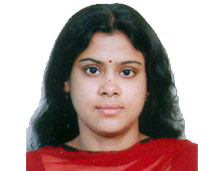India is a de facto member of the Comprehensive Test Ban Treaty
India is already in de facto observance of the spirit of the CTBT by maintaining its unilateral moratorium on nuclear explosive testing. Given that additional nuclear tests may not be needed, it could well reconsider its current position on signing the treaty.
- Published: December 24, 2014














